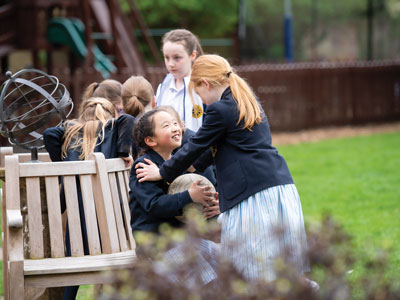
by Drs. Brock and Fernette Eide
authors of The Dyslexic Advantage
What does it mean to have ‘a dyslexic kind of mind’ – that is, a mind that works well for many kinds of tasks, but struggles to learn to read and spell? How should we understand an individual like Dame Sally Davies, who as a young dyslexic student failed her eleven-plus exam, then went on to become Chief Medical Officer of the United Kingdom and now Master of Trinity College, Cambridge? Or how can we explain the paradoxical mix of strengths and challenges that allowed Sir Richard Branson to earn several billion pounds after dropping out of school at the age of 16?
How do we account for the fact that dyslexic people, despite their well-known challenges, appear to be over-represented in various highly competitive professions? Consider, for example, the studies of students at the Royal College of Art and the Central St. Martins College of Arts and Design, which found that students in these schools were over two-and-a-half times more likely to be dyslexic than the general UK population. Or the study from Harper Adams University that found a similar prevalence of dyslexia among students entering their engineering program. Or the study from the Bayes Business School which showed that successful UK entrepreneurs were four times more likely to be dyslexic than the general population. Or the BBC survey of over 70,000 self-made UK millionaires that found 40% showed signs of dyslexia. How, in short, should we understand the apparently paradoxical finding that people who share a particular set of learning challenges also appear to share various kinds of learning and reasoning strengths?
When the first papers on dyslexia began to appear in the medical literature in the late 1800s, they described a group of otherwise intelligent people who showed surprising difficulty learning to read. In the decades that followed, additional research showed that these difficulties were caused by a set of differences in the ways that the brains of individuals with dyslexia performed certain kinds of tasks: processing the sounds and visual structures of spoken and written words; learning to master and make automatic the various basic skills needed to read; retrieving information from memory stores; or sharing information between various parts of the brain.
Since those first reports were written, dyslexia has been viewed almost entirely as a learning disorder, and scientists and educators have focused their attention on the challenges dyslexic people share with reading, spelling, rote memory, writing, and other basic academic skills. Yet as we’ve learned more about the lives and experiences of people with dyslexia, it has become increasingly hard to maintain the view that dyslexic minds share only challenges in common, or even that these challenges are the dyslexic mind’s most important and interesting features.
Instead, a new view of dyslexia is emerging. In this view, dyslexic challenges are seen as resulting from a set of brain features whose main purpose is to equip the brain with certain mental strengths. These strengths include: three-dimensional spatial reasoning; the ability to detect connections and relationships and to comprehend systems, including human interactions and group dynamics; empathy; divergent thinking and creativity; the ability to learn from and remember personal experiences; and the ability to forecast events or make predictions. Many of these dyslexia-associated strengths appear to arise from the special ability dyslexic individuals show for performing many of their reasoning functions in a particular way: Instead of using more efficient and automatic processes that employ abstractions, generalisations, or formulas to reason in a largely logical, rule-based, step-by-step manner, dyslexic minds use mental simulations or models of objects and ideas, in which they reason using past experiences, cases, or examples to essentially ‘see’ or ‘play out’ the answers in their minds. Importantly, it appears that dyslexic minds may be predisposed to special strengths in this type of mental simulation by the very same differences in brain development and organisation that lead to challenges mastering fine-detail reading and spelling skills.
Understanding dyslexia-associated strengths is crucial both for understanding the seeming paradoxes mentioned above, and for helping dyslexic students and adults to reach their full potentials. Scientists at the University of Cambridge have recently proposed that the ‘big picture’ strengths associated with dyslexic thinking are ideally suited for exploring the world and for discovering new opportunities and resources. In contrast, minds that excel in fine-detail tasks like decoding and spelling are better suited to exploiting existing knowledge and efficiently using known resources. Neither talent is superior, but each complements the other, and together, as the researchers point out, they make our societies and organisations more adaptable to change. So not only are dyslexic minds not simply broken, but they are an essential element in human flourishing – perhaps even in survival.
It is long past time to stop thinking of dyslexic minds as merely problems to be solved, and to start recognising that they are an amazing source of creativity and talent. Every effort that we make to understand, nurture, and appreciate the advantages that are essential parts of dyslexic minds, will only increase the enormously positive contribution that people with dyslexia already make to our world.
Drs. Brock and Fernette Eide are experts on dyslexia and other learning differences, and authors of The Dyslexic Advantage (revised and updated, 2023). Find out more at: www.dyslexicadvantage.org/book

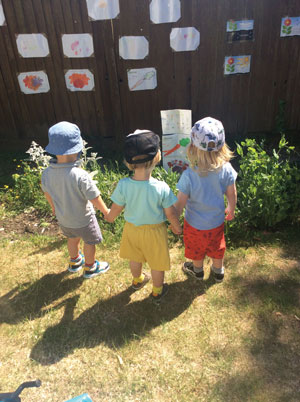

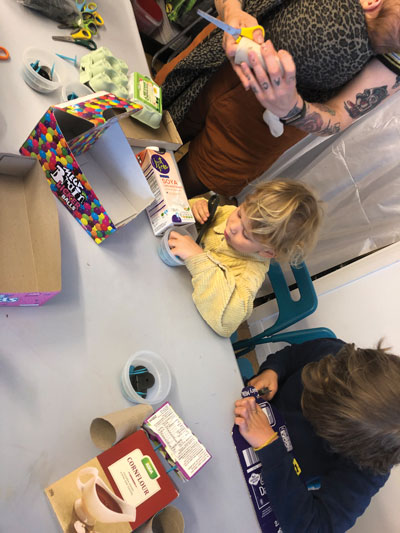
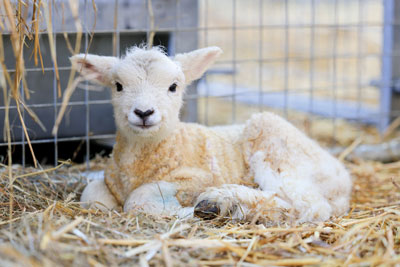

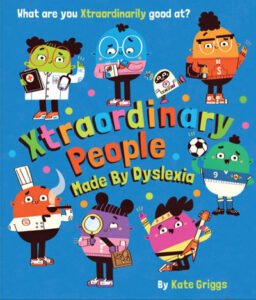
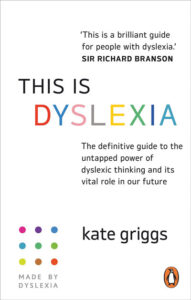 Dyslexic Thinkers) and This is Dyslexia (a book for adult Dyslexic Thinkers) – a new and revised edition was published in October 2024.
Dyslexic Thinkers) and This is Dyslexia (a book for adult Dyslexic Thinkers) – a new and revised edition was published in October 2024.

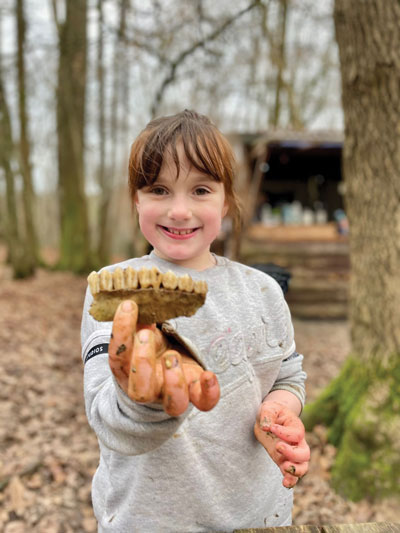
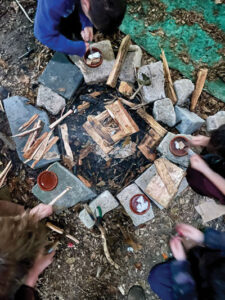 option to engage them in their own education.
option to engage them in their own education.